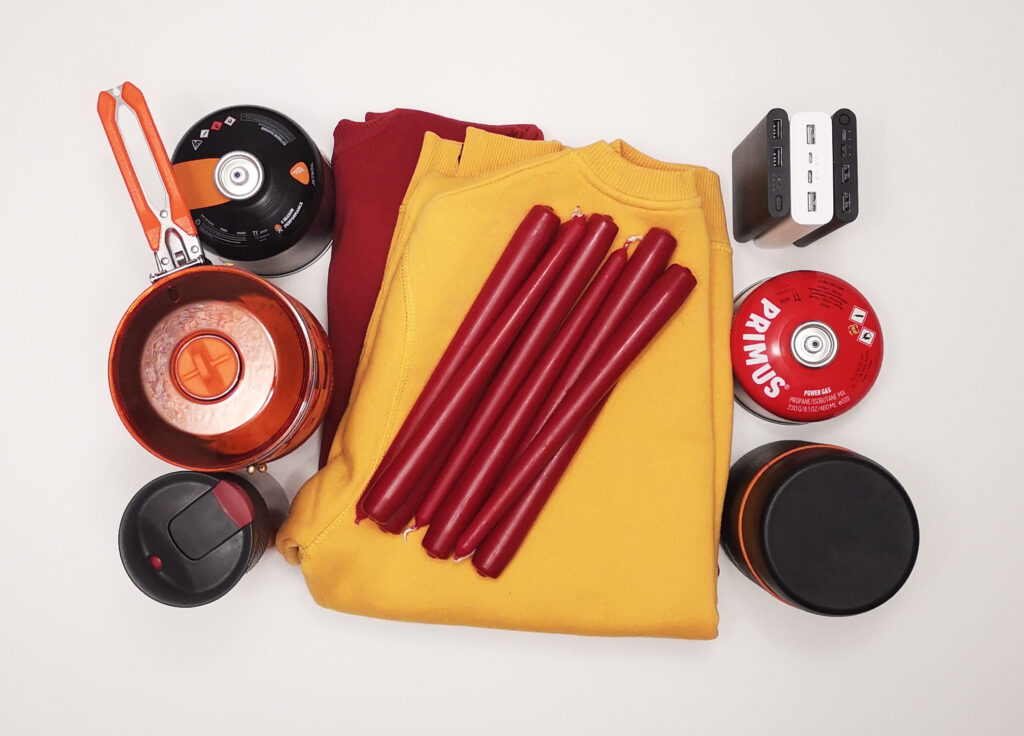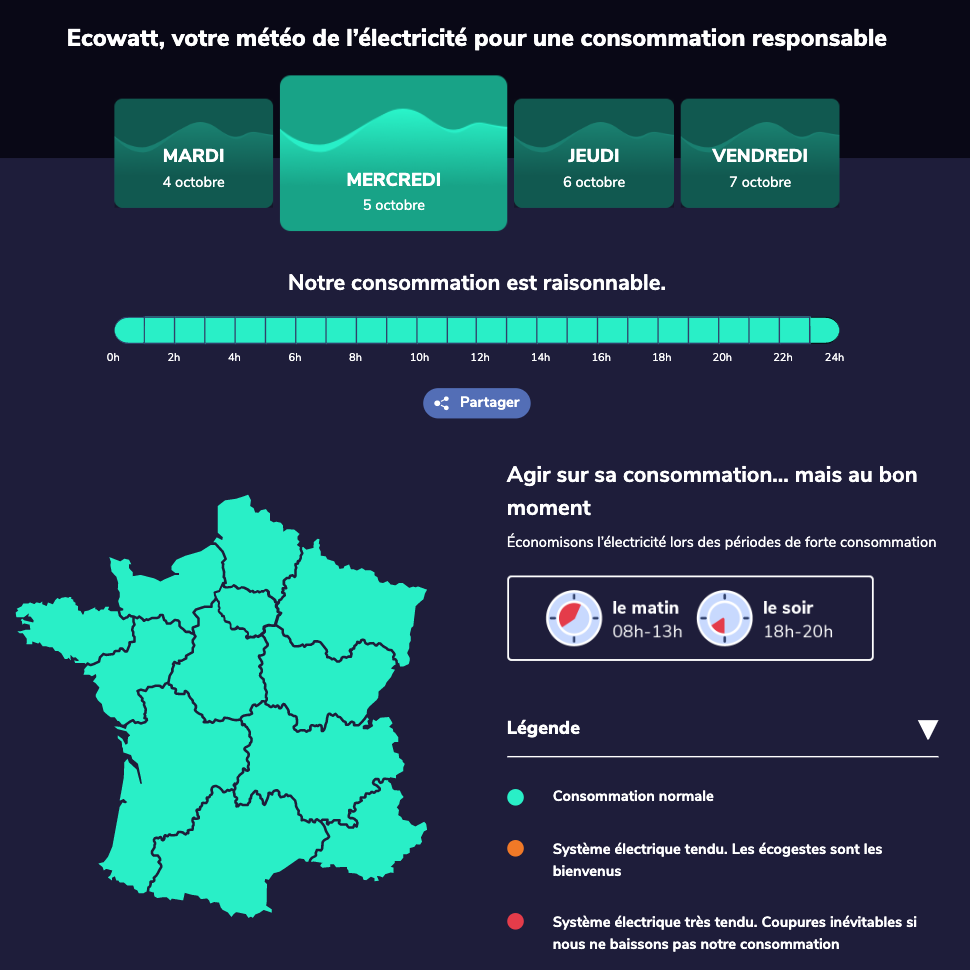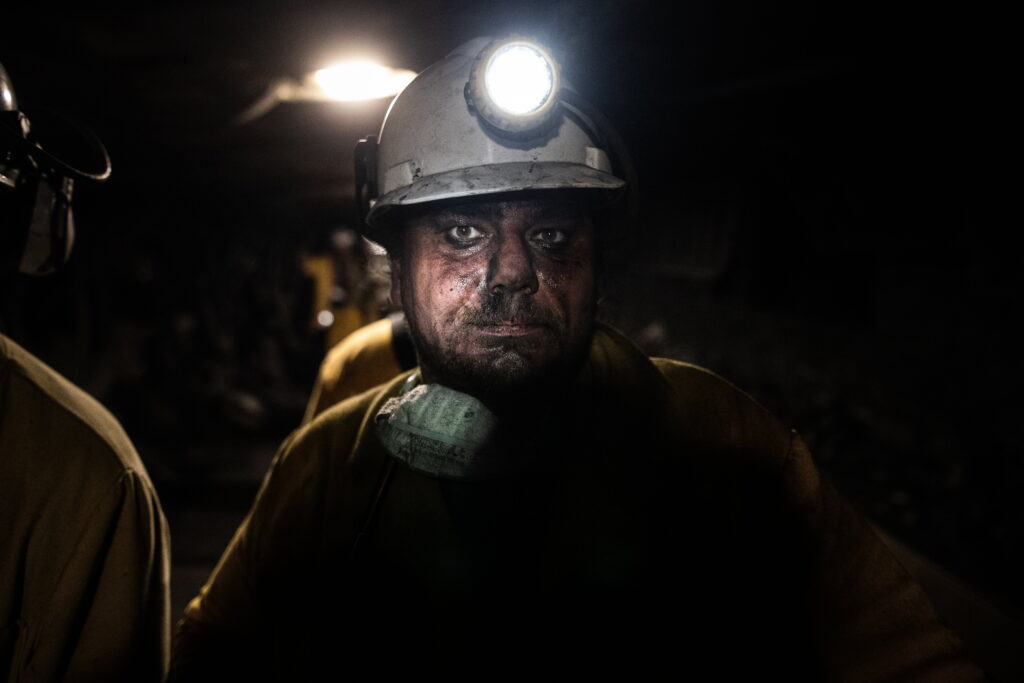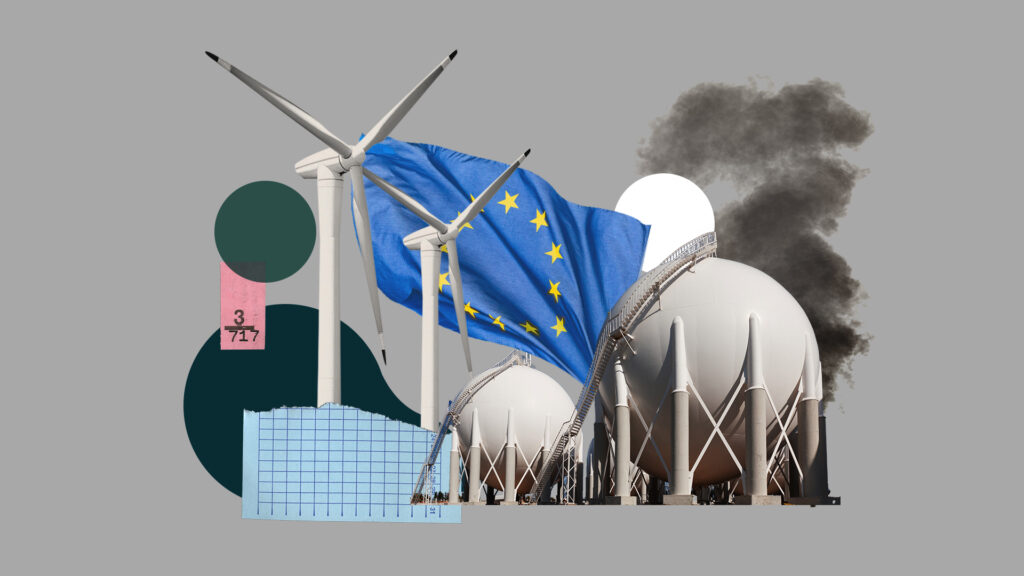What type of heater should I choose ― electric or gas? How much does a balcony solar panel cost? Will three power banks be enough and should I get thermal clothes or just add another regular layer? Just like millions of other Ukrainians, these are the questions currently running through my head.
We worry whether our army will make progress in the winter and whether the supply of modern weapons will continue. But one thing is certain: either through continued missile strikes or by hacking our systems, the Kremlin will do its utmost to make this a very dark, very cold winter for Ukraine.
I know how it feels. Ever since 2014, Russian hacker strikes have caused blackouts in various parts of my country. So now I search the Internet for what’s still possible to buy to get me through this period.
I understand Russia’s rationale: a harsh winter and high gas bills may push Europe to agree to Moscow’s terms to end this war. Blackouts and bitter cold will further exhaust Ukrainians and nurture a wish to end this nightmare.
But everyone I know has no thought of surrender.
That’s why, in Ukraine now, candles are not about coziness or romance. They are a means of survival, stacked as a source of light just like 200 years ago.
I don’t care about gas prices, but about the ability to use gas at all. I bought matches, a portable gas stove, and several gas cartridges, following the advice of a popular brochure on crisis preparation. It feels like a camping trip, but instead of a forest I’ll have to camp in my home this year. But the destination is clear ― our freedom.






